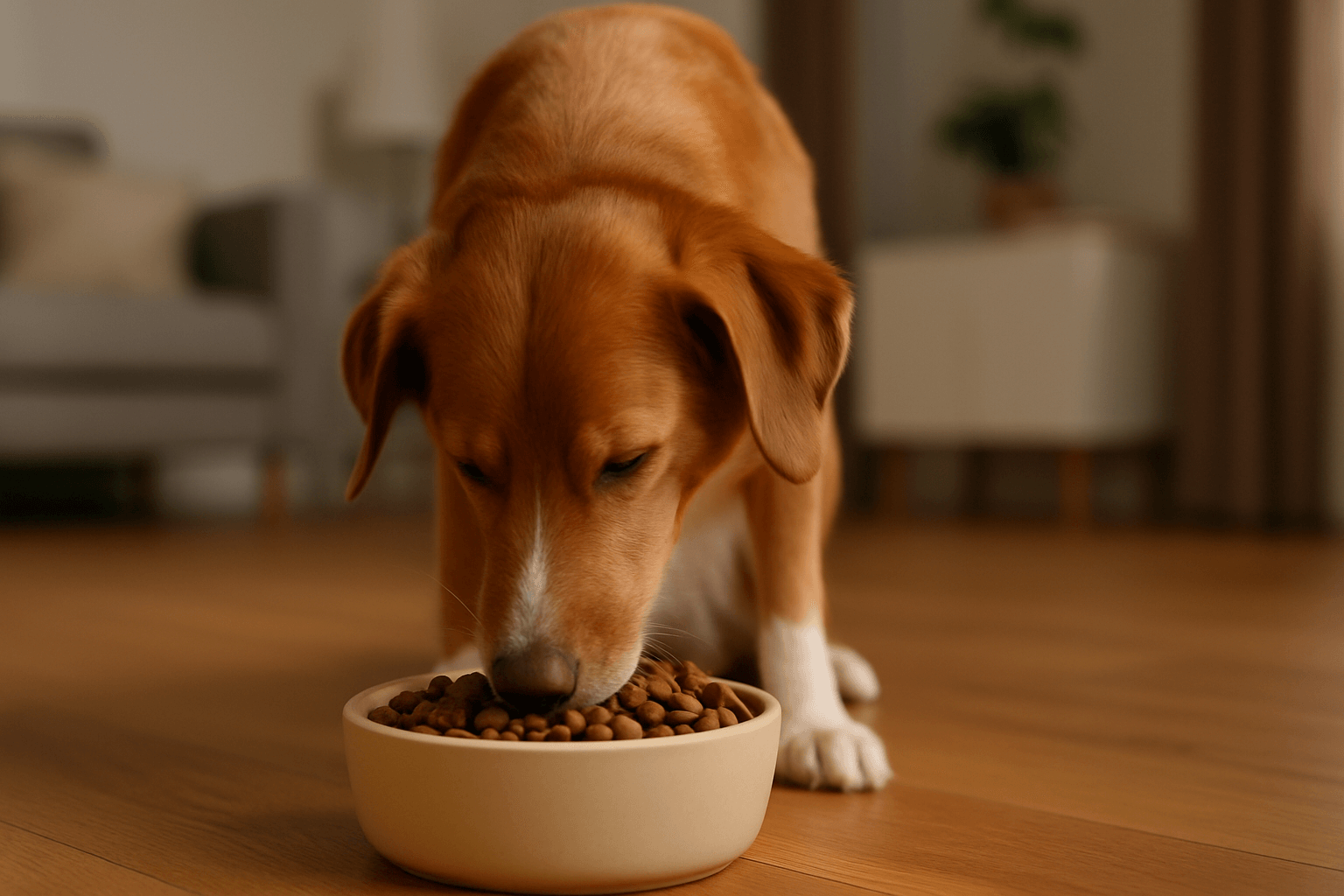As pet parents, we're constantly navigating what’s best for our furry companions—from nutrition to daily routines. One question that’s gained traction is: “Is one meal a day good for dogs?” The answer isn’t one-size-fits-all, but let's unpack it together based on science, experience, and a whole lotta love for our pups.
One Meal a Day for Dogs: The Growing Trend
Traditionally, many dogs are fed twice daily. However, once-daily feeding for dogs is becoming popular, especially among owners aiming for simplicity or mimicking natural canine eating habits. But how does this schedule hold up against your dog’s health and lifestyle?
Dog Digestion and Meal Frequency: What the Science Says
Dogs have evolved to handle infrequent, larger meals—think wolf ancestors who might not catch a meal every day. That said, domesticated dogs live differently, and modern veterinary studies show:
- Feeding once daily may improve cognitive health in older dogs
- However, it may not suit puppies or breeds with high metabolic demands
- Long gaps between meals can lead to gastric issues or hunger vomiting in some dogs
So, is one meal a day good for dogs? It depends on age, breed, lifestyle, and health status.
Pros and Cons of Feeding Your Dog Once Daily
✅ Pros:
- May support longevity and cognitive function
- Simplified routine for busy households
- Less begging behavior between meals
⚠️ Cons:
- Potential for hypoglycemia in small or active breeds
- Can cause digestive upset in sensitive dogs
- Not suitable for puppies or underweight dogs
I tried once-daily feeding with my senior Labrador, Daisy. She adjusted well, and we noticed more enthusiasm at mealtime—but our younger Aussie needed two meals to stay energized. Moral of the story? Every dog is different.
How Often Should Dogs Eat? A Vet-Backed Guide
- Puppies (under 6 months): 3–4 meals/day
- Adult dogs: 1–2 meals/day based on size and activity
- Senior dogs: 1–2 meals/day with digestive care
When planning your dog feeding schedule, aim for consistency and portion control. Don’t forget water access, and consider timing meals after walks for better dog digestion.
Tips for Switching to Once-Daily Feeding
- Consult your vet—especially for dogs with diabetes, GI issues, or special needs
- Start slow: gradually reduce second meals over 1–2 weeks
- Choose nutrient-dense food to meet daily caloric needs in one meal
- Monitor stool quality, energy levels, and mood
Best Time to Feed Dogs Once a Day
Many experts recommend feeding in the early evening. It aligns with your dog’s natural rest periods and allows time for digestion before bed. Some pet parents prefer mornings for convenience—either works, just be consistent.
Dog Health and Feeding Routines: Final Thoughts
Feeding dogs once a day can work beautifully for some, while others may thrive on a two-meal plan. Like most pet decisions, it’s about knowing your dog, staying flexible, and working with your vet. If you’re curious about improving your pup’s meals, check out more healthy treats for dogs to supplement their diet!
Summary: Should You Feed Your Dog Once Daily?
- ✅ It's safe for many adult dogs—if done right
- ⚠️ Not ideal for puppies or dogs with medical issues
- 📅 Stick to a consistent feeding routine
- 👩⚕️ Always consult your vet before switching schedules
At the end of the day, the best feeding schedule is one that supports your dog’s health, happiness, and tail wags.
Frequently Asked Questions (FAQs)
1. Is feeding dogs once a day safe?
2. What are the benefits of feeding my dog one meal a day?
3. Can I switch my dog from two meals to one?
4. What’s the best time to feed a dog once daily?
5. Do puppies need more frequent meals?
6. What if my dog throws up bile in the morning?

About SniffnTail
SniffnTail is your go-to destination for everything pets. From helpful advice, tips, and insights to thoughtfully selected products and resources, we’re here to support pet owners at every stage of their journey. Whether you're caring for a playful pup, a wise old cat, or anything in between, SniffnTail offers tools and knowledge to make pet parenting easier and more joyful.
Related Articles
 Nutrition • 7 minutes
Nutrition • 7 minutesIs Intermittent Fasting Safe for Dogs? A Vet-Backed Guide for Pet Parents
Wondering if intermittent fasting is safe for dogs? Learn the benefits, risks, and expert tips for a healthy dog fasting routine from a certified pet blogger.
 Nutrition • 5 mins Read
Nutrition • 5 mins ReadThe Best Dog Food by Breed: A Comprehensive Guide
Feeding your dog a diet tailored to its breed can significantly enhance its health, energy, and longevity. Different breeds have unique needs due to their size, metabolism, activity level, and genetic predispositions. Here is a detailed guide to the best types of food for various dog breeds
 Nutrition • 6 min read
Nutrition • 6 min readFrozen Dog Treat Cubes Your Pup Will Love: Healthy, Homemade, and Fun!
Discover easy, healthy frozen dog treats your pup will love! From yogurt and fruit to chicken broth ice cubes, this guide has homemade recipes, tips, and FAQs.

